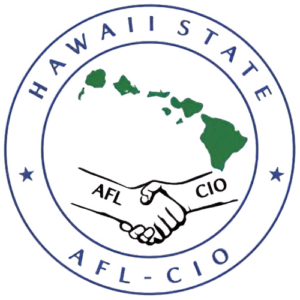Dr. Musto argued that this change in drug benefit replaced the carrot of saving money on co-pays by using mail order purchase of drugs with the stick of establishing a list of drugs that are required to be purchased by mail because they are deemed to be maintenance drugs for chronic conditions, such as, diabetes, high blood pressure, high cholesterol, or pain. However, these drugs are also used to treat acute illness where you might need an immediate prescription filled. Further, the consequences of this change will have significant impact on local pharmacists’ ability to remain economically viable, especially in rural areas, and on the island of Moloka`i and Lana`i . The purchase of drugs is only part of the treatment process, and having access to personal pharmacists is essential to balancing an individual’s drugs and also encouraging the continuation of drug treatments. There is a broader public policy to consider, where it’s supporting the local economy or maintaining a high level of patient care. The mail order requirements, for all cases, puts a special burden on employee-beneficiaries. Finally, the new program with InformedRx will not coordinate benefits for those with dual coverage from a spouse, therefore, the co-payments for the drugs will have to be made with the order to InformedRx and then the employee-beneficiary will have to submit a request for payment from the co-insurer, e.g., HMSA or Tri-Care. A significant number of public employees from the state and counties, in addition to faculty at UH, have written to UHPA objecting to these changes.



